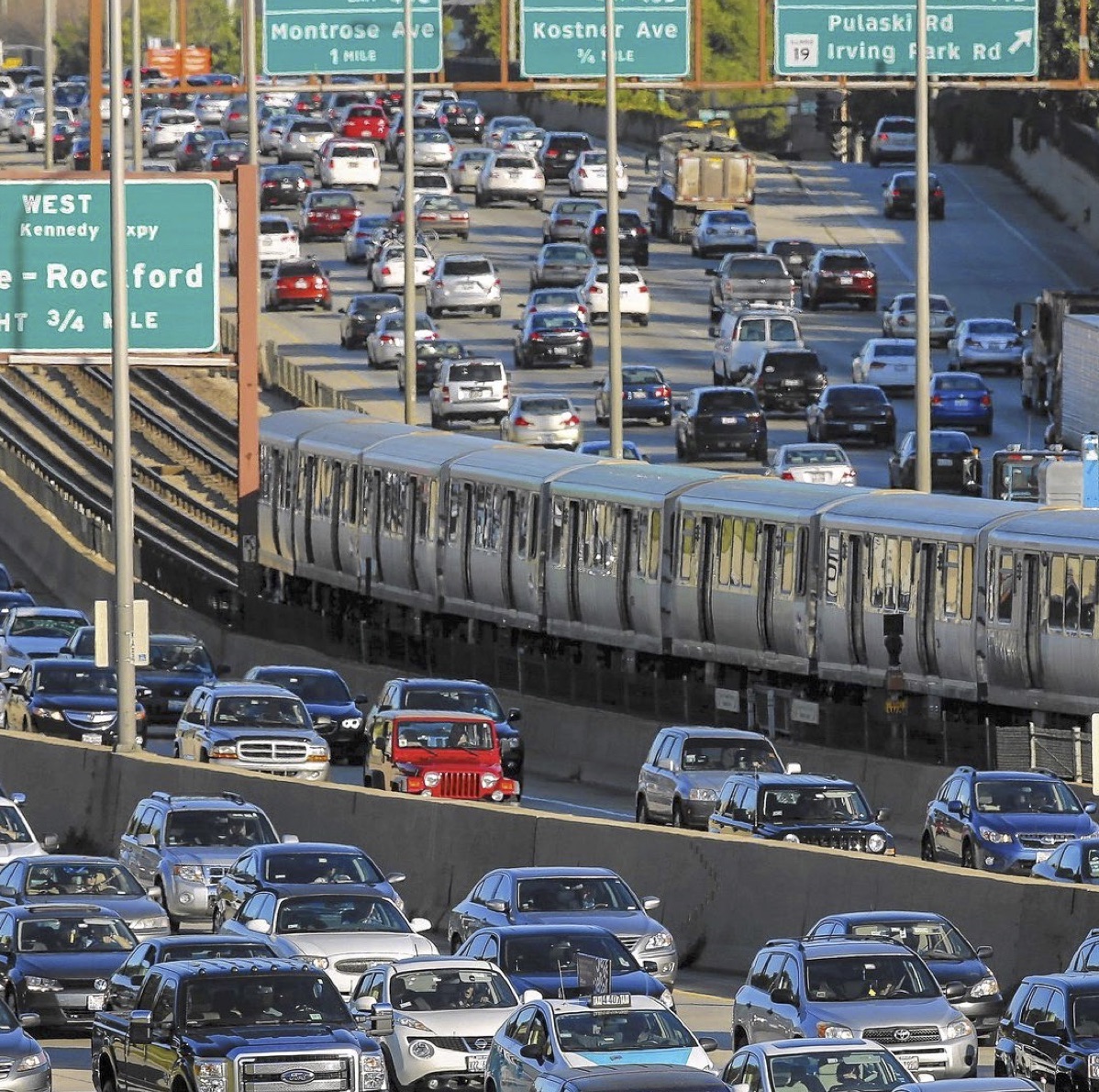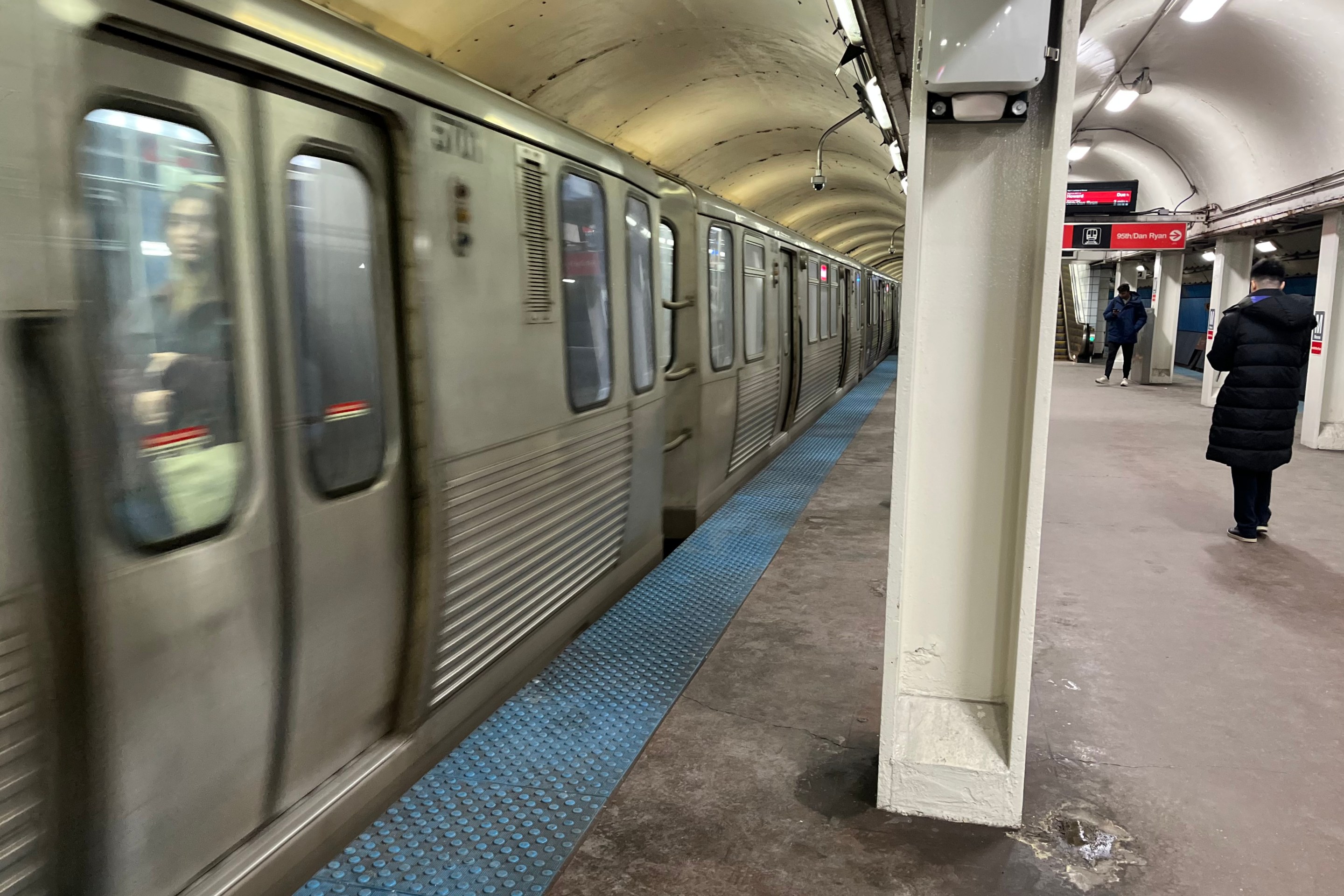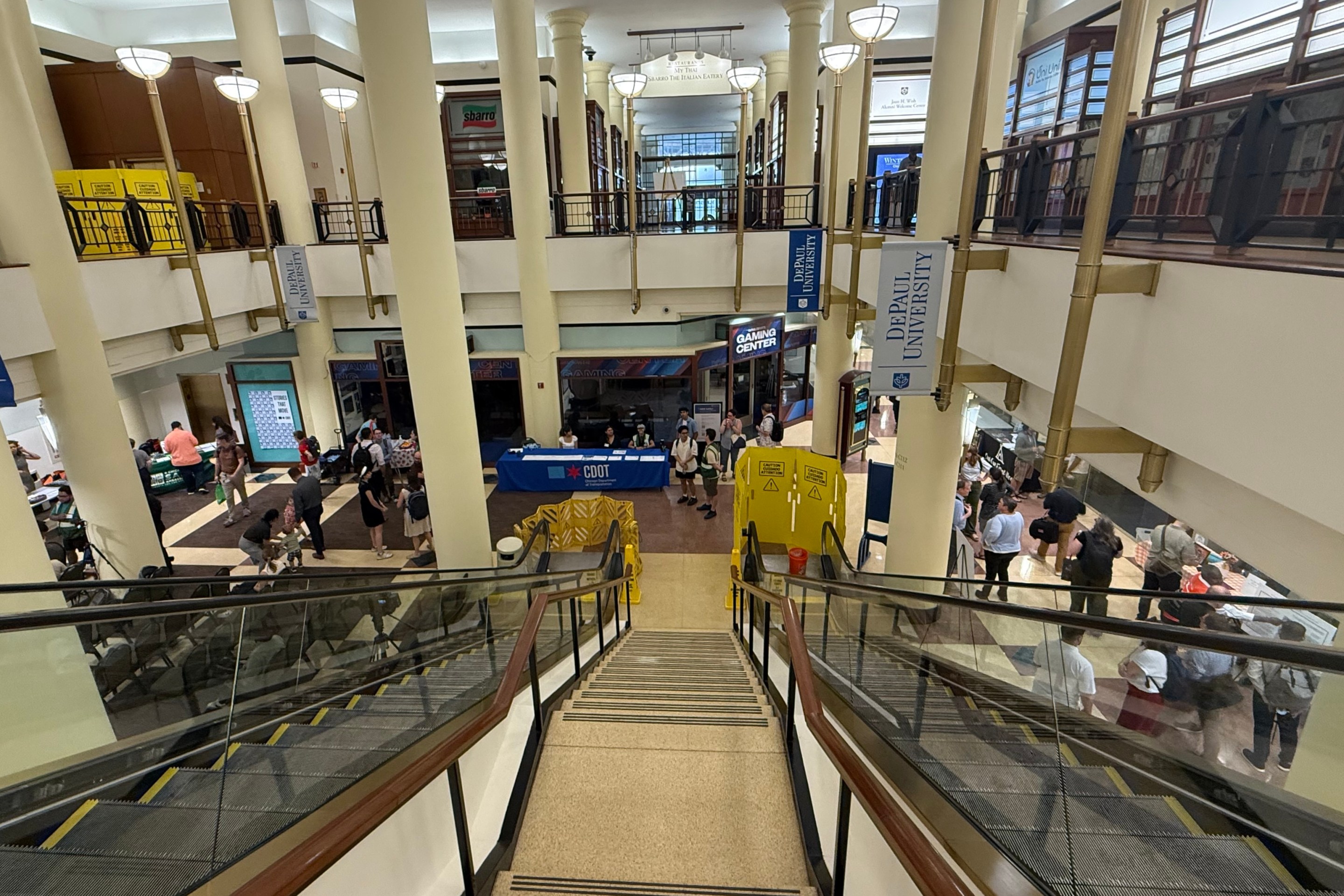Last week the TransitCenter foundation (a Streetsblog Chicago sponsor) released the latest version of the big transit rider survey that they put out every two years, asking thousands of transit riders in seven major cities how their travel habits have changed and why. The 2019 edition of “Who’s on Board," authored by Mary Buchanan, provides insight on why people are riding transit less today than they were a few years ago. Chicago is one of the seven cities they surveyed, and their finding shed light on the current state of stagnating CTA ridership, and what can be done to improve the situation.
With transit ridership falling in most major U.S. cities, transit agencies and experts have tried to pinpoint the causes for the slump. To gather info, Transit Center used an online survey of a total of 1,704 respondents in seven regions, including Chicago, New York, Los Angeles, Seattle, Denver, Pittsburgh, and New Orleans. 274 of them were in our region.
They also conducted focus groups in Chicago, Philadelphia, and Seattle to gather more info about factors influencing people's travel decisions. In out city, focus group participants were recruited from a CTA customer mailing list.
Respondents were categorized based on how they ride transit, using the categories of all-purpose, commuter, and occasional riders. (About a third of Chicagoans were all-purpose riders.) Two other categories looked at riders who changed their transit use over the past two years: "increaser riders," who took transit much more, and "decreaser riders," who took it much less.
The study found that over the past two years, 9% of respondents stopped using transit altogether, and 24% of respondents substantially decreased their transit use. As time went by, fewer respondents were all-purpose
and commuter riders, and more were occasional riders. So, general, people were cutting down on their transit use, but not abandoning it altogether.
Respondents who gave up on transit altogether or substantially scaled back their ridership overwhelmingly replaced the trips with increased private car use. Moreover, people who reported an increase in their access to a private car over the past two years said their transit use had fallen by more than seven days per month. In contrast, people whose private car access stayed the same only reported a transit ridership decline of about one-and-a-half days per month.

Buying a car in the U.S. became easier during the two years of the study due to falling gas prices and favorable financing rates. But the rise of ride-share was also found to be a significant factor in falling transit ridership, especially in large, dense cities like Chicago. And in turn, that has worsened traffic congestion, slowing buses and other transit forms that share lanes with private vehicles. While respondents said they use Uber and Lyft both to replace transit trips and as a first and last mile solution, focus group members said they're especially likely to take ride-share when the transit option is unreliable, or doesn't take them close to their destination.
TransCenter also found that as household income rises people tend to ride transit less, and that immigrants reduced their transit use at a higher rate than people born in the U.S. Interestingly, the study found that people who substantially changed their frequency of transit use are more likely to have moved in the last two years, to have gotten wealthier, and to be under 40.
Moving has the largest impact on transit use. As real estate near rapid transit has become increasingly attractive to city dwellers in recent years, low-income respondents who moved tended to be pushed farther from transit, displaced by rising housing costs, making transit a less practical option. On average, respondents with household incomes below $25,000 a year experienced much larger losses in transit quality near their homes after moving, compared to households earning $75,000 a year.
Despite the overall trend towards falling ridership, TransitCenter advises us that all is not yet lost. People who reported higher satisfaction with transit were more likely to increase their use over the past two years. So if we can make bus and train service faster, more reliable, more convenient, and more pleasant, more people will ride it.
Respondents mentioned frequency, crowding, safety, and reliability as the most significant issues affecting their choices of whether or not to ride transit. Women were particularly concerned about personal security issues, and low-income bus riders were more likely to cite affordable fares as their top priority.
"For urban transportation leaders, the most critical policy imperative is making opportunities accessible without a car," the study argues. "Do we build places where residents must use cars to get to most jobs, schools, and other destinations? Or, do we enable more people to meet their travel needs with public transit and a combination of other modes?"
The report sheds some light on why transit ridership has been falling in our city. Chicago, along with New York, is one of two cities where transit riders report that they are shifting a significant share of their trips to ride-share. In addition, among Chicago transit riders who said they’re using their own cars more today than they did two years ago, 30% said they’re driving more because transit service quality declined. Only New York had a higher percentage.
In particular, the study findings indicate that the CTA needs to improve bus service, since bus ridership accounts for nearly all of the recent transit ridership loss in our city. That's largely due to worsening congestion due to more Uber, Lyft, and private car trips. To buck that trend, we've got to increase bus frequency and shorten trip times with timesaving features like prepaid, all-door boarding and car-free bus lanes.
![]()
Did you appreciate this post? Consider making a donation through our PublicGood site.





